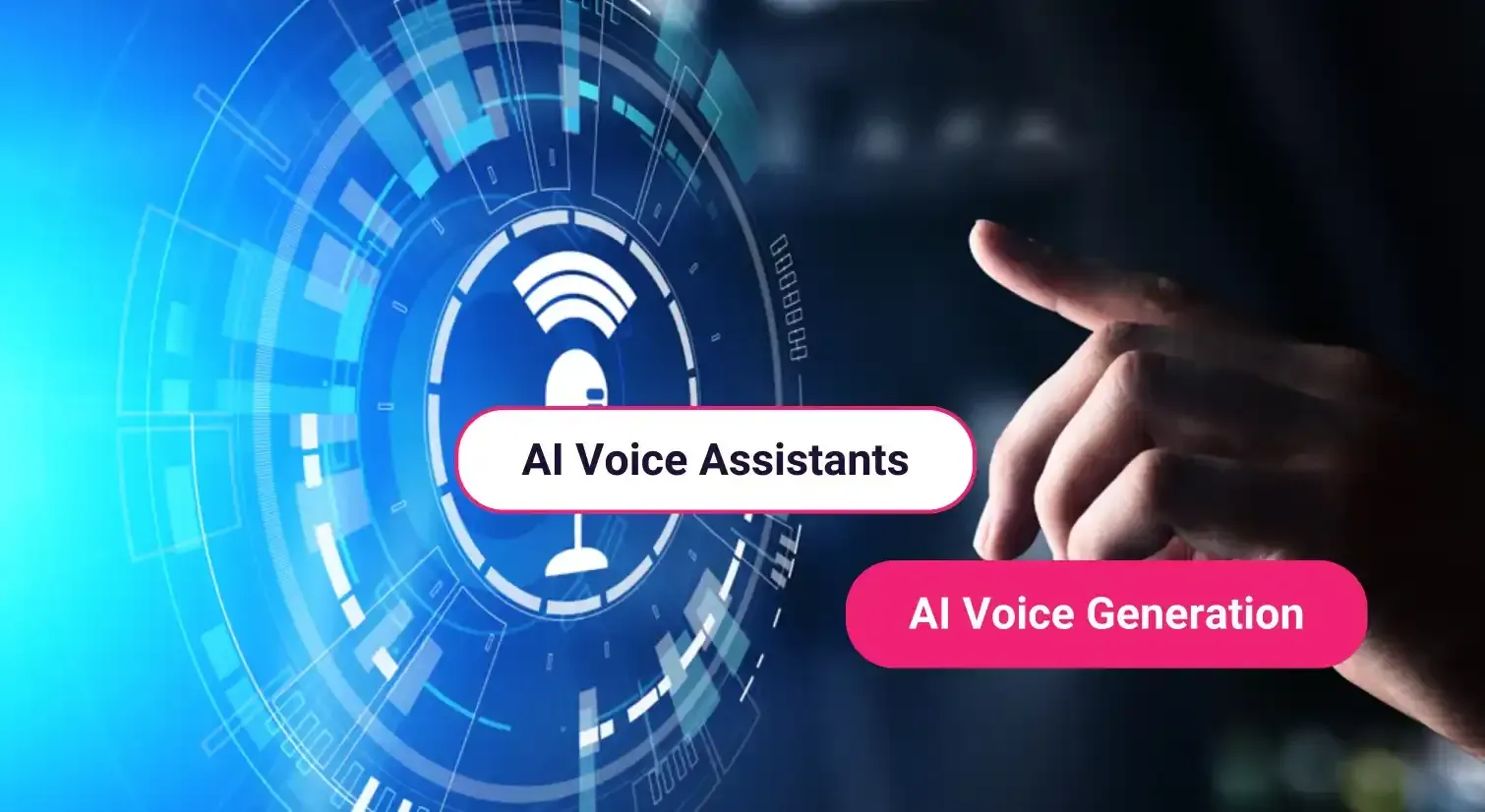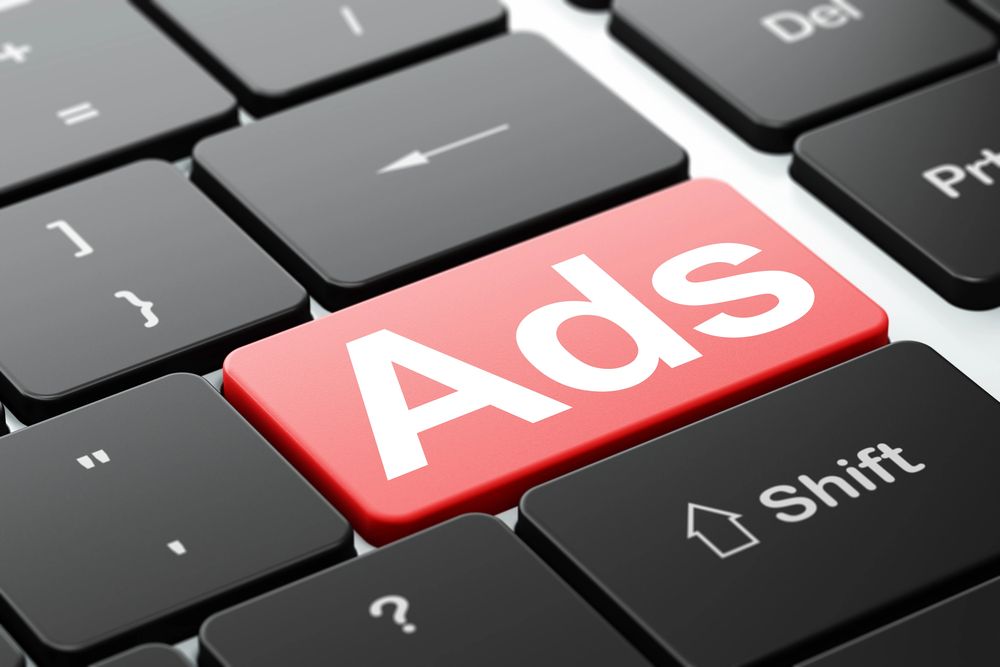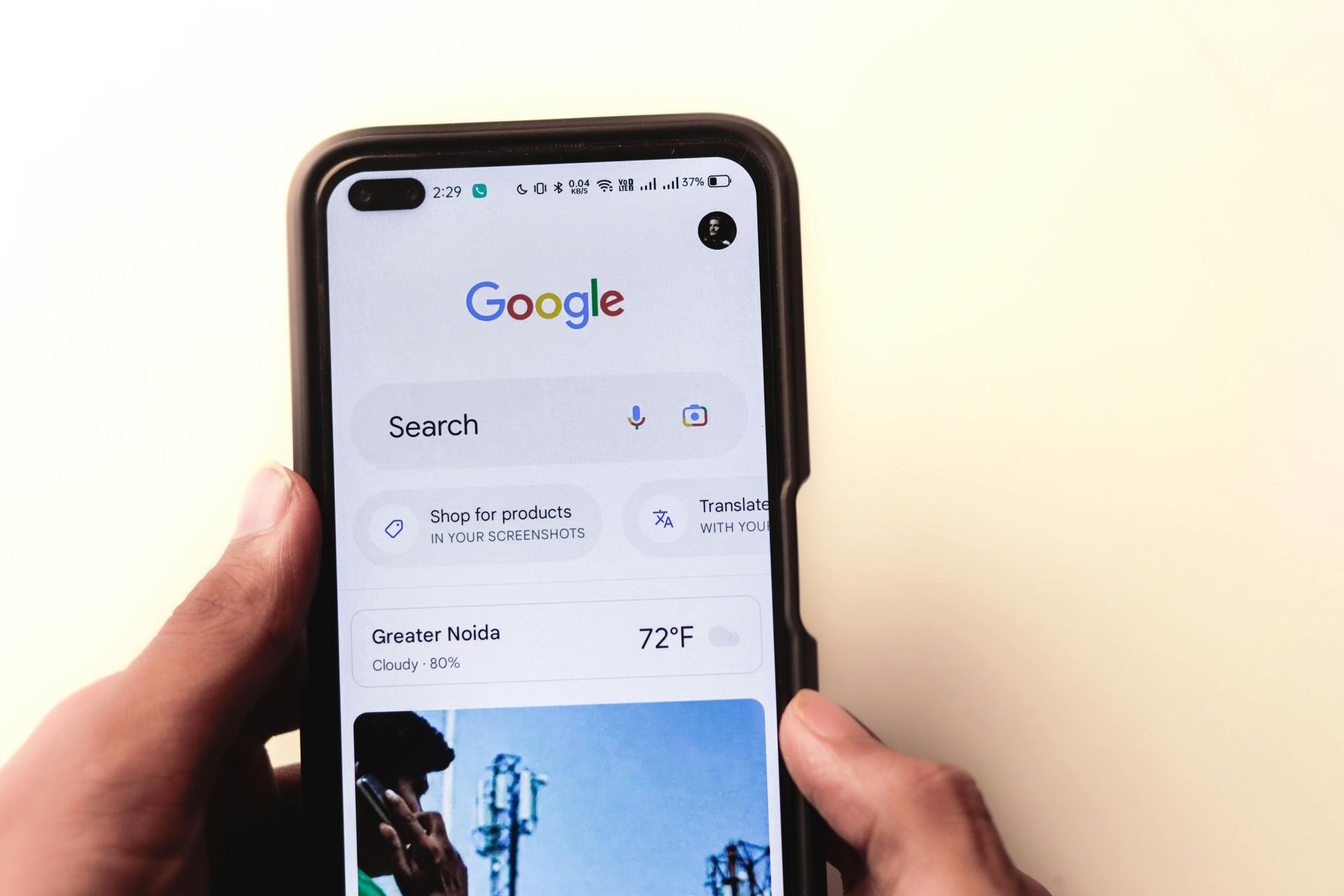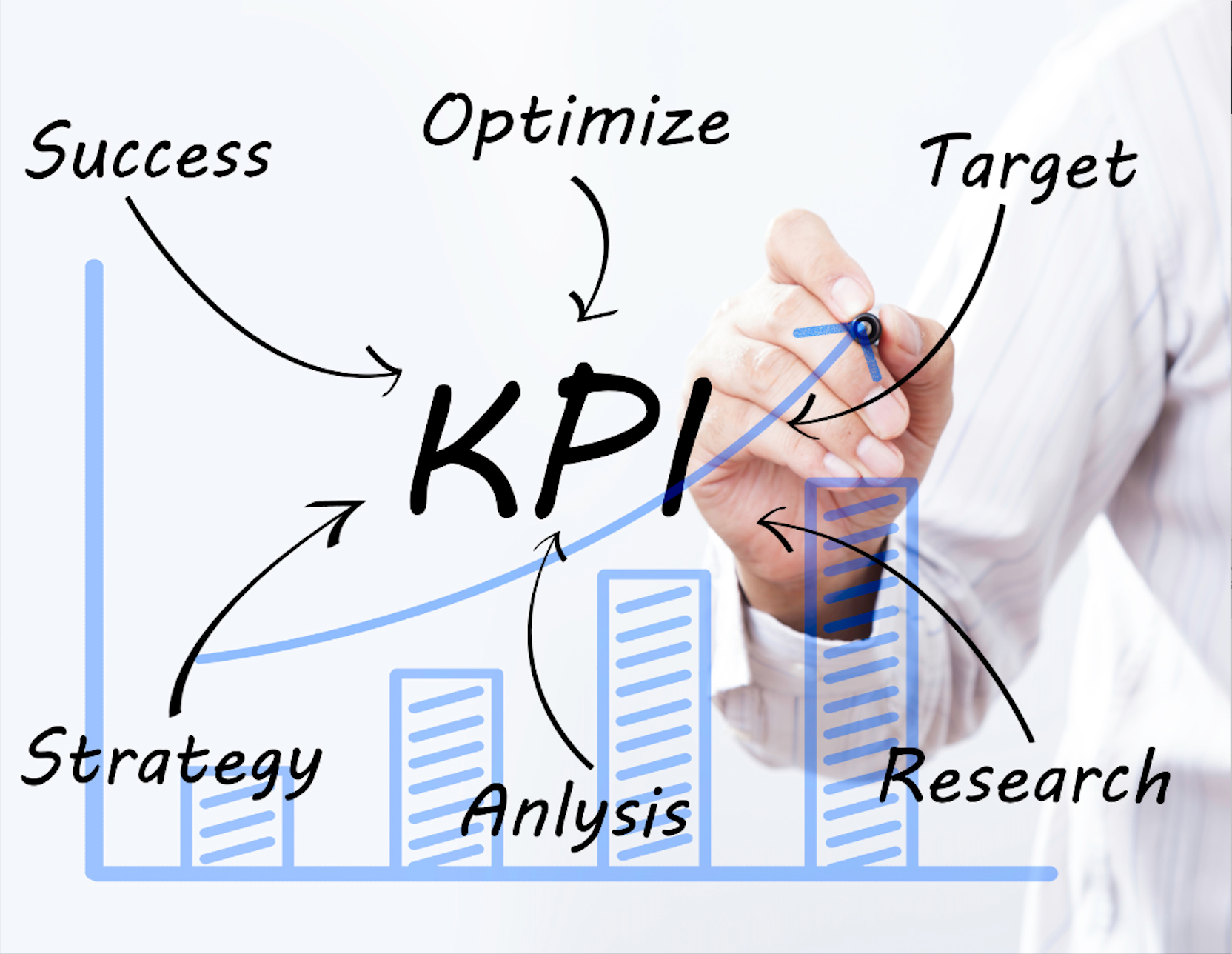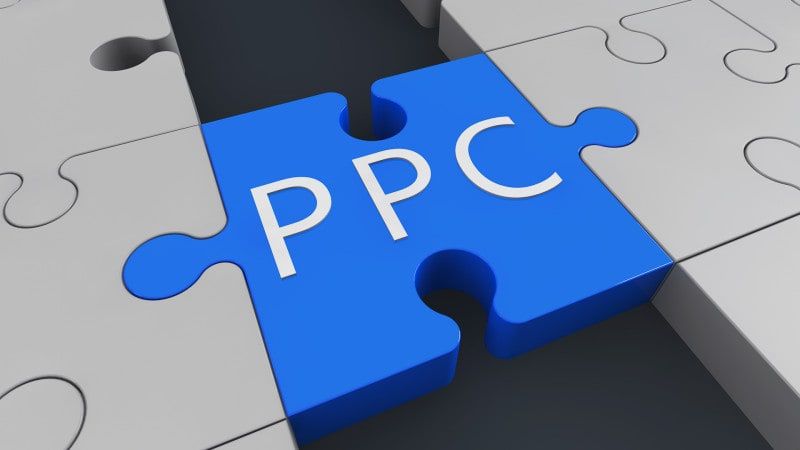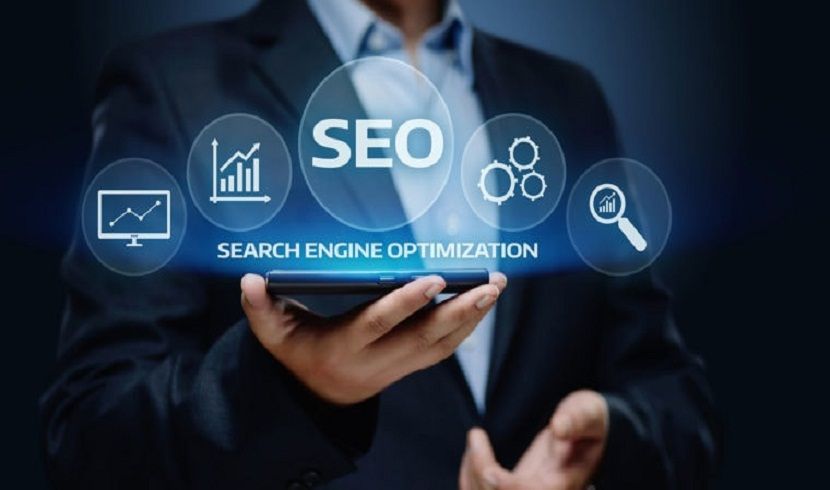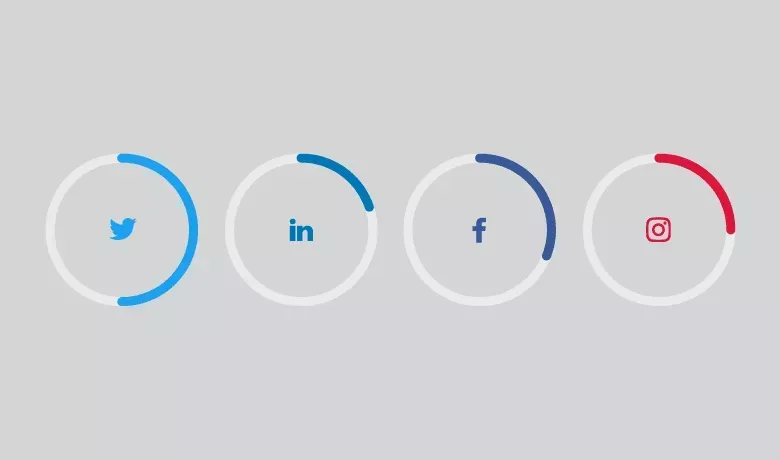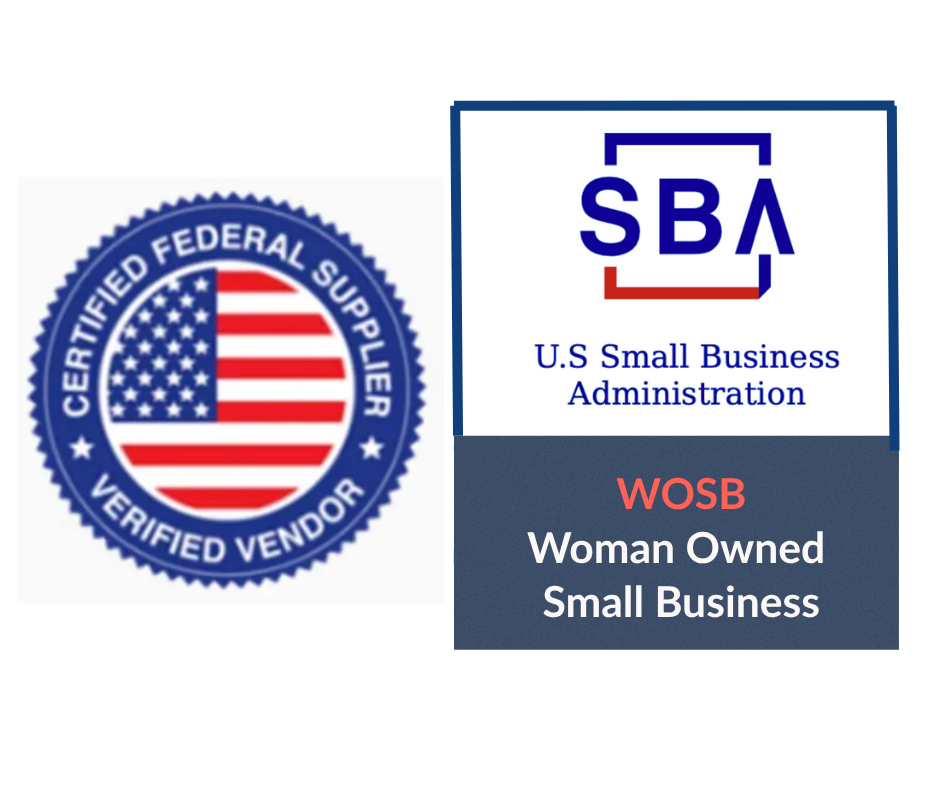5 Signs Your Business Needs an AI Virtual Assistant.
Discover how an AI-powered virtual assistant can boost productivity, cut costs, and help your business grow even if you think you’re doing fine without one.

Most business owners think they need an AI virtual assistant when they're drowning in emails or can't keep up with phone calls.
Being busy isn't the real indicator that you need AI assistance. The real signs are much more subtle, and they're usually hiding in plain sight.
After working with hundreds of businesses to implement AI solutions, we've noticed that the companies who benefit most from AI virtual assistants aren't necessarily the busiest ones. They're the ones hitting specific scalability walls that manual processes simply can't break through.
Sign #1:
You're Turning Away Business Because of Response Time
Sarah runs a successful catering company in Austin. She was getting 40-50 inquiries per week through her website, but she noticed something troubling in her analytics. Potential customers were filling out her contact form, but by the time she got back to them (usually within 24 hours, which she thought was pretty good), many had already booked with competitors.
The problem wasn't that Sarah was slow, it's that in service-based businesses, the first to respond often wins. When someone needs catering for next month's corporate event, they're usually contacting multiple vendors. The one who responds within minutes, not hours, typically gets the business.
An AI virtual assistant doesn't just handle inquiries faster, it captures leads when they're hottest and qualifies them before they cool off. Sarah's AI assistant now responds to inquiries within 30 seconds, asking qualifying questions about budget, event size, and timeline.
By the time Sarah reviews the leads each morning, she's working with pre-qualified prospects instead of cold inquiries.
Sign #2:
Your Customer Questions Follow the Same Pattern
(But Eat Up Different Amounts of Time)
Here's something interesting we've observed: Most businesses get asked the same 15-20 questions repeatedly, but these questions come in at random times and with varying complexity.
You might spend 2 minutes answering "What are your hours?" but then 45 minutes explaining your pricing structure to someone who ultimately isn't a good fit.
If you find yourself typing similar responses over and over, or if you've created templates for common questions, that's your business telling you it's ready for automation. But the real opportunity isn't just saving time on simple questions, it's using AI to handle the complex ones more efficiently.
A well-configured AI assistant doesn't give canned responses. It can walk prospects through detailed pricing scenarios, explain complex service offerings, and even handle objections,
all while collecting valuable information about what the customer actually needs.
Sign #3:
Your Growth is Limited by Your Ability to Qualify Leads
This one hits close to home for many entrepreneurs. You're generating leads (maybe through Google Ads, referrals, or content marketing), but you can't scale your lead qualification process. You either spend too much time talking to unqualified prospects, or you don't spend enough time with each lead and miss opportunities.
Traditional advice says "hire more salespeople," but that's not always the answer, especially for smaller businesses. Each new salesperson needs training, management, and a steady flow of qualified leads to be effective.
An AI virtual assistant can pre-qualify every single lead using the exact criteria you've defined. It asks the tough budget questions you might feel awkward asking. It determines timeline and decision-making authority. It even handles initial objections. By the time a lead reaches you, you're talking to someone who's already been qualified as a good fit.
Sign #4:
You're Inconsistent with Follow-Up
(And You Know It's Costing You)
Follow-up is where most of us fail. We're great at the initial conversation, but then life gets busy. That warm lead from last Tuesday gets pushed to this Friday, then next Monday, and eventually falls through the cracks.
Studies show that 80% of sales require five follow-up contacts, but 44% of salespeople give up after just one follow-up. For small business owners juggling multiple responsibilities, consistent follow-up is even harder.
This isn't about being lazy or disorganized. It's about bandwidth. You can't be excellent at delivery and excellent at follow-up and excellent at business development all at the same time, at least not manually.
An AI assistant never forgets to follow up. It can nurture leads for weeks or months with personalized messages based on where they are in your sales process. It can re-engage cold leads with new offers or information. Most importantly, it can keep prospects warm until you're ready to have a meaningful conversation.
Sign #5:
Your Customer Service is Reactive Instead of Proactive
The final sign is subtle but powerful. If you're only helping customers when they reach out with problems, you're missing massive opportunities for upselling, retention, and referrals.
Proactive customer service checking in after purchases, offering relevant additional services, asking for feedback at the right time is incredibly effective but nearly impossible to do consistently at scale.
An AI virtual assistant can monitor customer behavior and trigger proactive outreach based on specific actions or timeframes. It can follow up after purchases to ensure satisfaction, suggest complementary services based on what customers have bought, and even identify customers who might be at risk of churning.
The Real Question Isn't Whether You Need AI,
It's Whether You're Ready to Scale
If you recognized your business in any of these scenarios, you're probably past the point where manual processes can support your growth goals. The question isn't whether you need an AI virtual assistant, it's whether you're ready to implement one strategically.
The businesses that get the most value from AI virtual assistants are those that view them as growth enablers, not just time-savers.
They use AI to do things that were previously impossible at their scale:
- Responding to every inquiry instantly
- Qualifying every lead consistently
- Following up with every prospect systematically
That's the difference between being busy and being scalable. Busy is about doing more of the same things faster. Scalable is about systematizing your processes so that growth doesn't break your business.
The beauty of AI virtual assistants is that they don't just handle what you're already doing they enable you to do things you couldn't do before. And in today's competitive market, that might be exactly what your business needs to break through to the next level.

